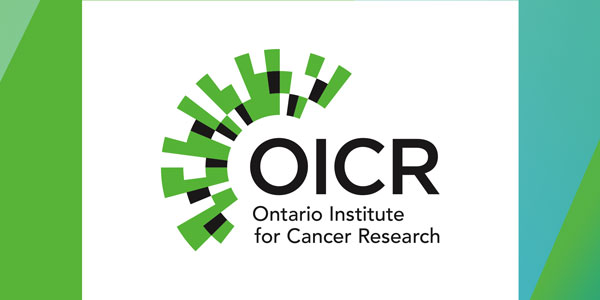Findings published in renowned journal Nature
January 9, 2017 – TORONTO, ON – The Canadian Prostate Cancer Genome Network (CPC-GENE) has published findings from the world’s most comprehensive genetic analysis of prostate cancer tumours in the journal Nature. Led by Drs. Robert Bristow of the Princess Margaret Cancer Centre and Paul Boutros of the Ontario Institute for Cancer Research, CPC-GENE has uncovered the full set of mutations that can occur in the most common cancer in men. By fully cataloging these mutations, the CPC-GENE team was able to create a new signature that predicts at an early stage whether a prostate cancer tumour will become aggressive or not, allowing for personalized treatment.
“We hope that this research mode of testing will now go into the clinical mode in the next two to five years, and really change clinical practice for men with prostate cancer in Canada and worldwide,” said Dr. Bristow.
“This work really gives us a map to what is going on inside a prostate cancer cell, and will become the scaffold on which precision therapy will be built,” said Dr. Boutros.
“I applaud the researchers and everyone involved in making this possible,” said Reza Moridi, Ontario Minister of Research, Innovation and Science. “Collaborations like this are key to driving scientific discoveries and ultimately delivering better care for prostate cancer patients.”
Through funding of approximately $20 million, research of this magnitude has been made possible through a partnership between the Movember Foundation, Prostate Cancer Canada, and the Ontario Institute for Cancer Research, who have released the following joint statement:
“From the tireless work of researchers to the selfless giving of donors, we applaud the efforts of everyone who has played a role in helping make CPC-GENE possible. Since its beginnings as an ambitious undertaking that was massive in scope, the goal of this project has been to greatly improve personalized care for men with prostate cancer. The findings published in Nature represent a monumental stride towards that goal. Together, we will continue to advance this important work on behalf of the one in eight Canadian men who will be diagnosed with prostate cancer and their families.”
University Health Network news release
For more information, please contact:
Hal Costie
Senior Communications Officer
Ontario Institute for Cancer Research
647-260-7921
hal.costie@oicr.on.ca

